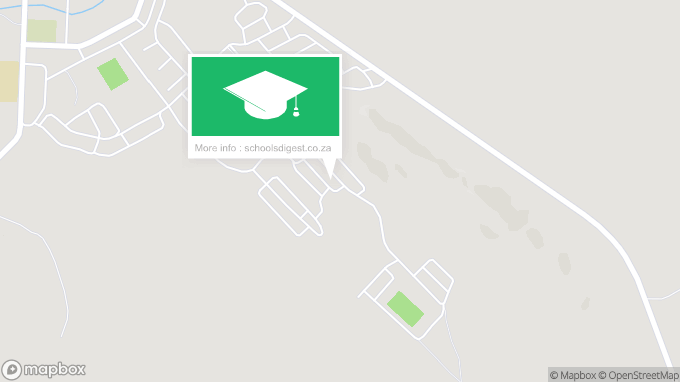About
Ikhaya Primary School, situated at Sabelo Location Richmond, 7090, operates as a public primary school within the Sabelo, ., Richmond rural suburb of Northern Cape Province, South Africa.
Admission
The admission to public schools like Ikhaya Primary School follows a structured process outlined by the South African Schools Act of 1996. As stipulated, children between the ages of 7 and 15 are mandated to attend school.
Registration for the upcoming academic year typically occurs between April and October of the preceding year, with specific age criteria for entry into Grade R and Grade 1. Parents or guardians are required to submit essential documents, including birth certificates and immunization cards, while non-South African citizens must provide additional documentation.
Provincial Learner Admissions Coordinators are available to provide guidance and support throughout the admissions process, ensuring that every child has access to quality education.
School Fees
Ikhaya Primary School is a public school designated as Quintile 3, catering to a community with moderate socio-economic status. As a fee-paying institution, tuition fees are set by the school administration. This quintile level school is eligible to receive up to R1,602 per learner from the Department of Education. Families are encouraged to reach out to the school directly for information on fees and potential financial assistance opportunities.
School Uniform
Ikhaya Primary School uniform policies are established by the school’s governing body, aligned with the regulations outlined in the South African Schools Act of 1996 and provincial Education Department guidelines.
These policies dictate the design, colors, and proper wearing of school uniforms to cultivate a sense of unity, equality, and discipline among students. For detailed information regarding Ikhaya Primary School’s uniform policy, individuals are encouraged to contact the school administration directly.
School Statistics
According to a survey conducted in the year 2023, the school had a total population of 483 learners served by a dedicated team of 15 educators, resulting in a student-teacher ratio of 32:1.



